If Pepsiman were a developer, she'd be taking notes from these games.
Good games or bad, if I were ever to be in a designing position at a game developer, these are the ones on which I'd be taking notes. By no means is this a "best of" list, though; sometimes the greatest hits offer the fewest lessons because of how they were made. So while some beloved classics might make the list, they're not there for arbitrary reasons and likewise, oft maligned ones are there for reasons other than "THIS IS HOW TO AVOID MAKING TEH SUXXORZ!!!11"
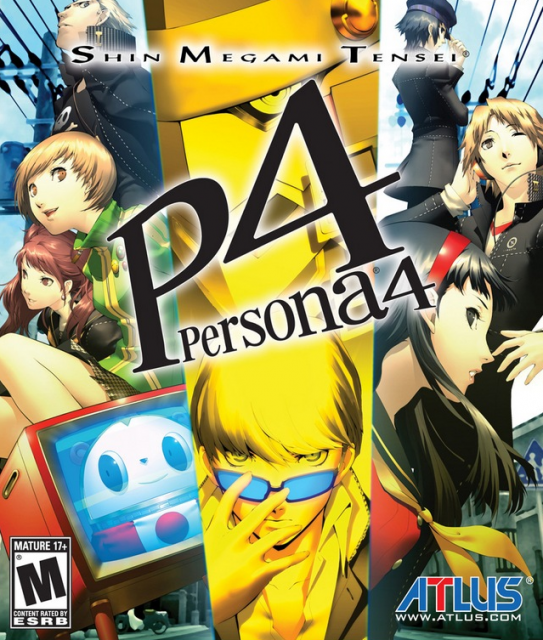
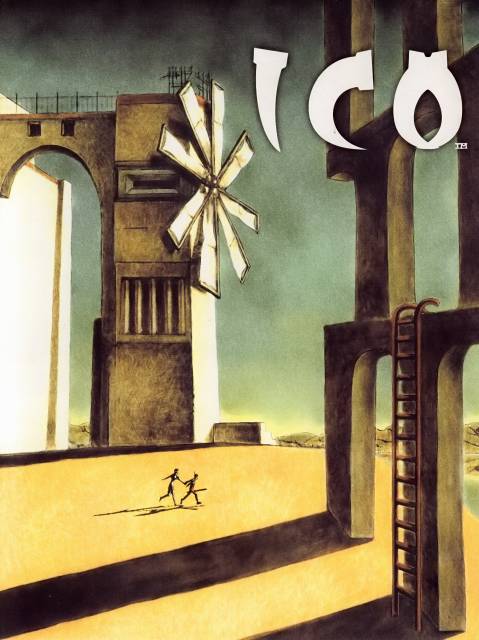
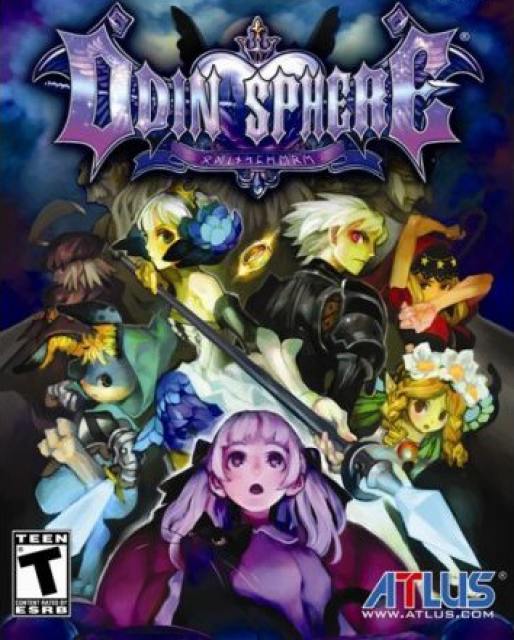

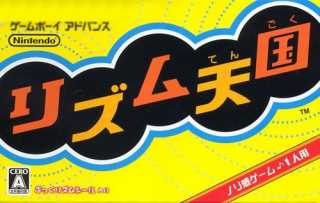
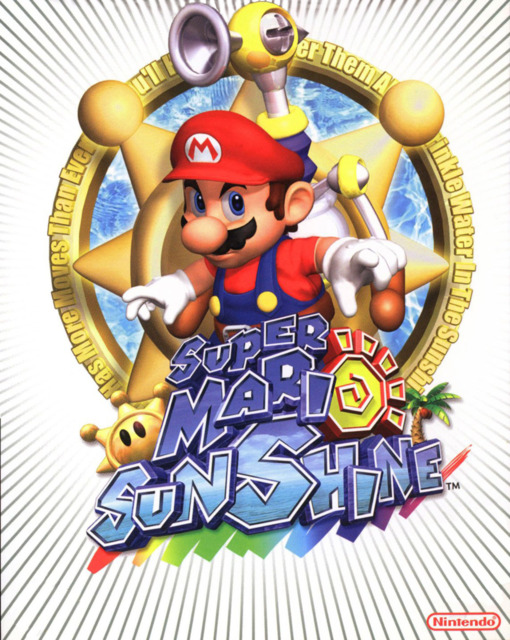

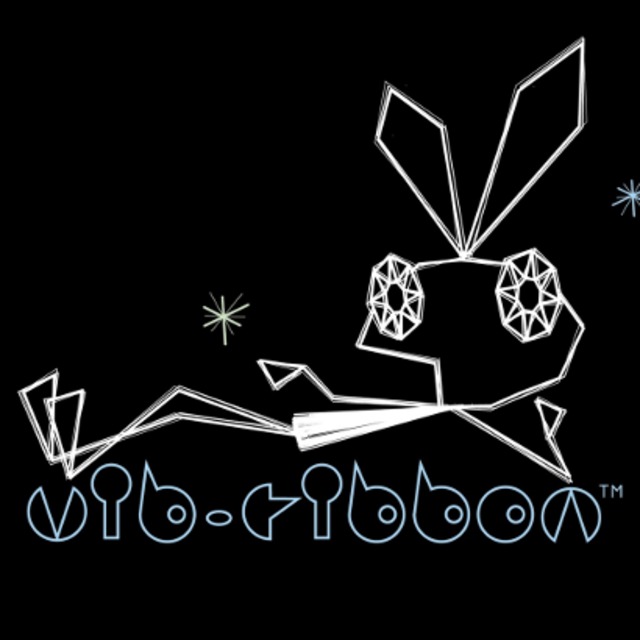
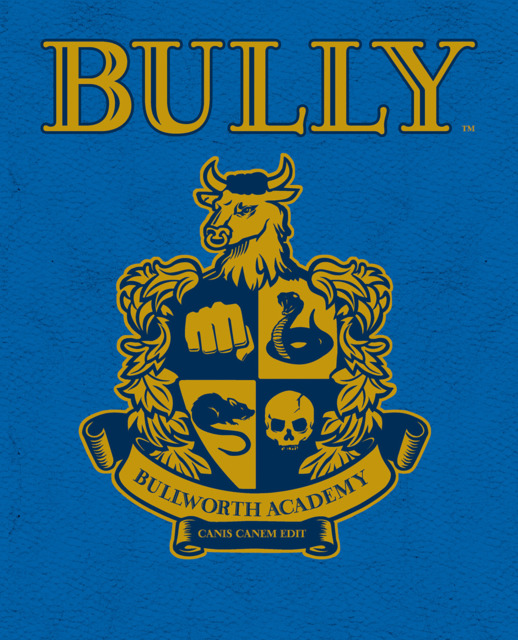
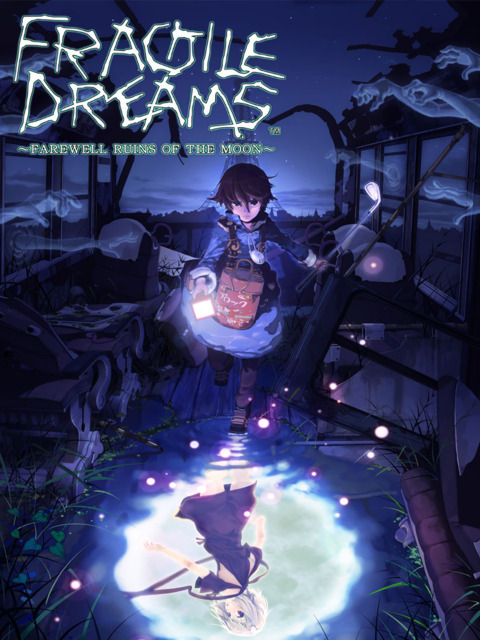
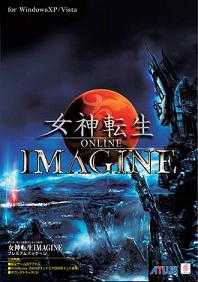
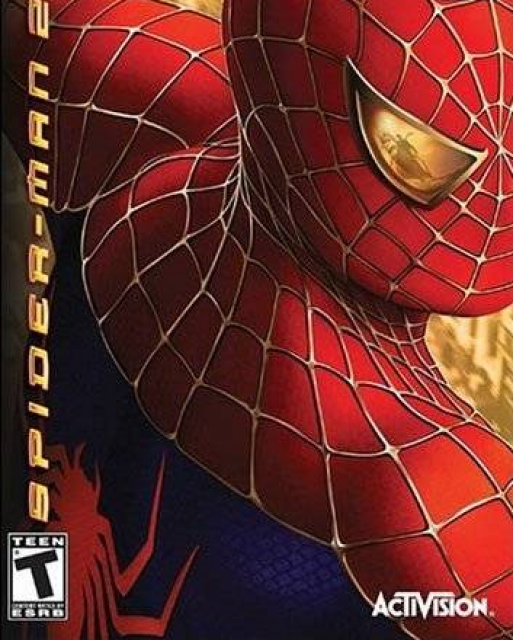
5 Comments